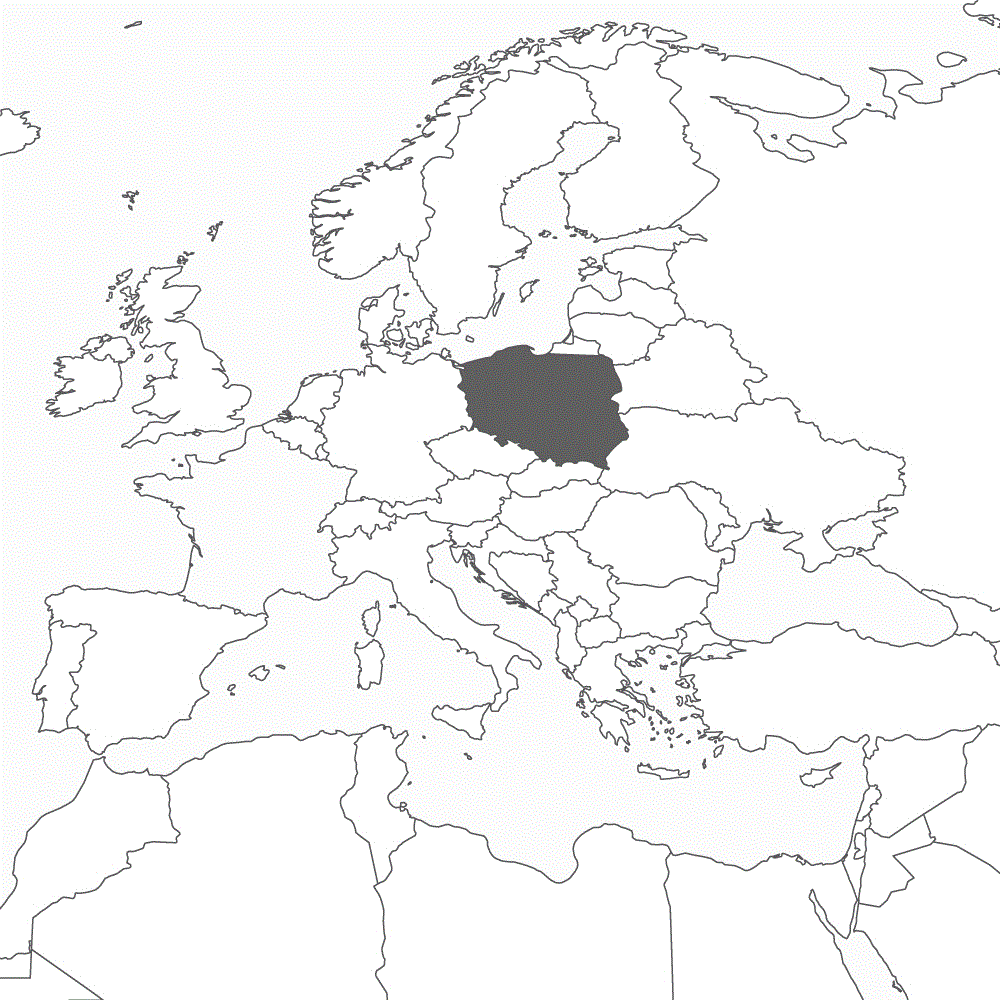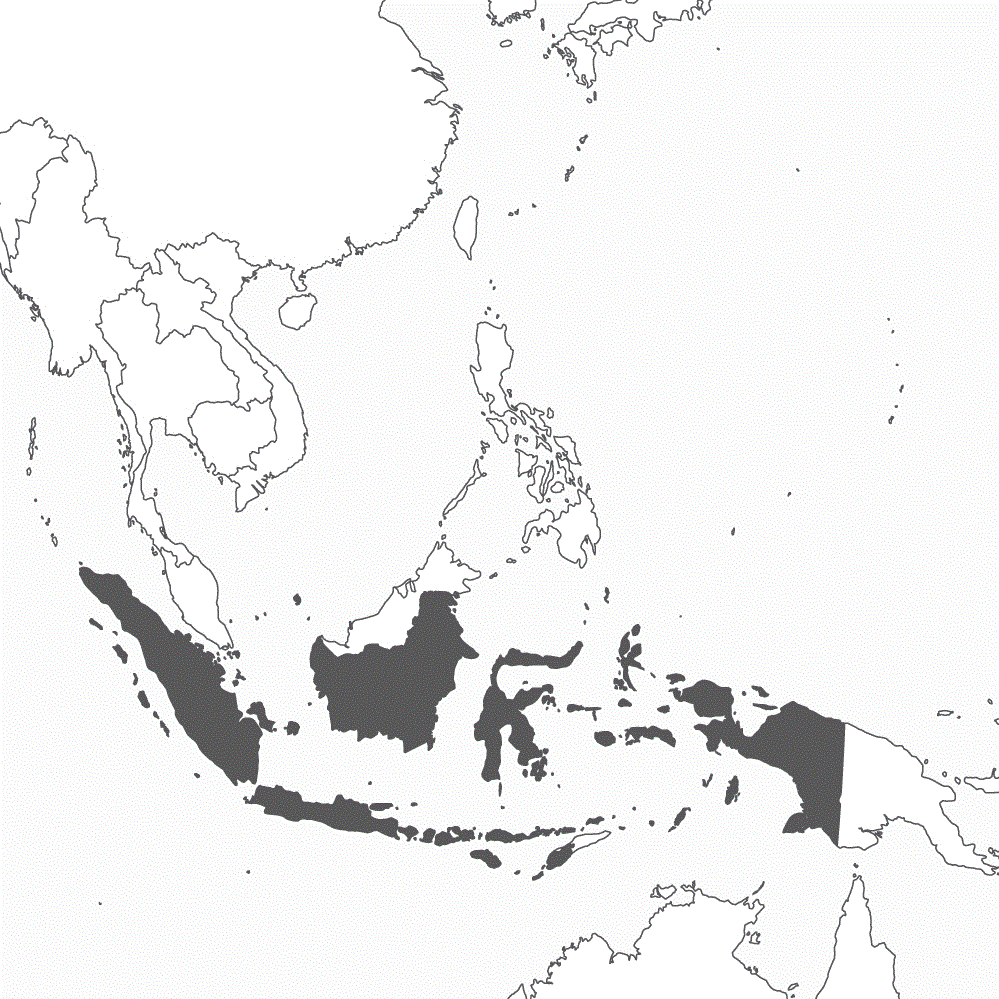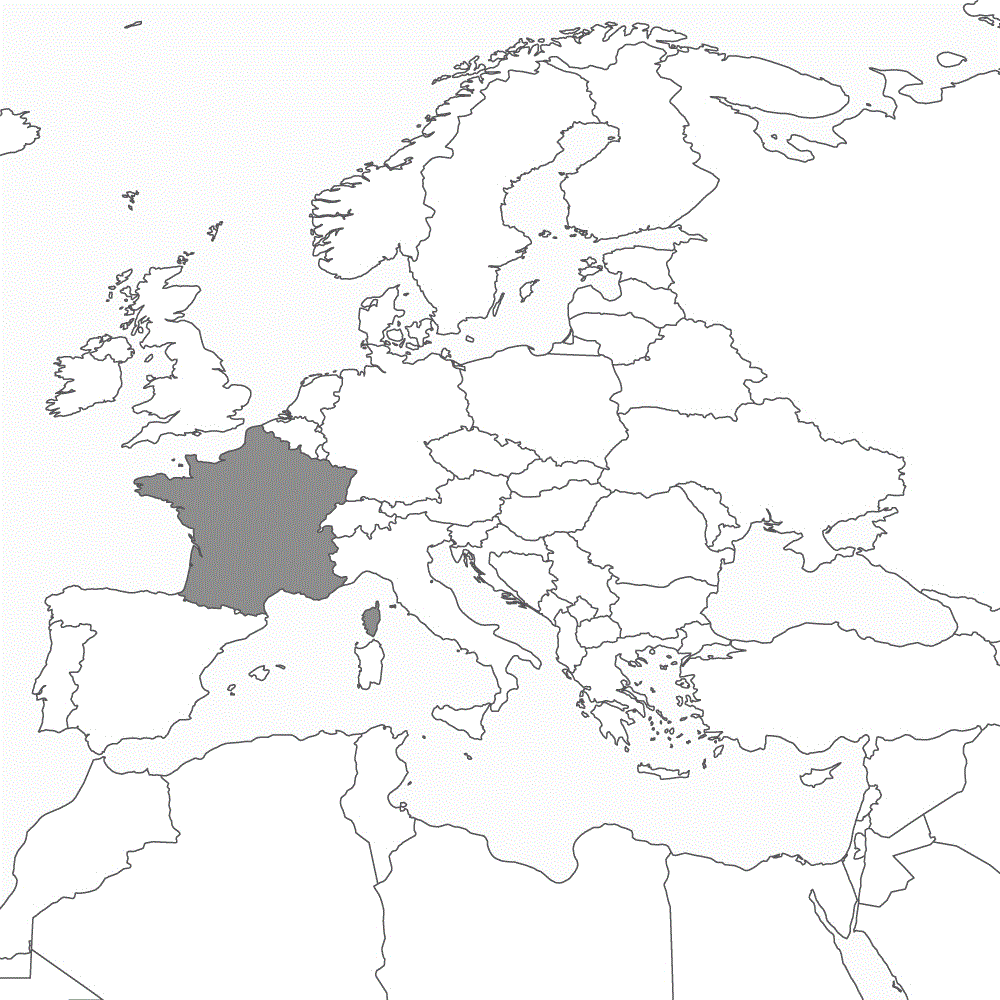Brain Gain
Germany is one of the main beneficiaries of the brain drain from poorer countries, which are losing professionals trained at high costs.
BERLIN (Own report) - Germany is among those countries, which is benefiting most from the influx of highly qualified workers from poorer European regions, according to a recent study of the Vienna Institute for International Economic Studies (WIIW). The number of professionals coming from Eastern and Southeastern Europe is rapidly increasing, particularly in the health sector. This brain drain is creating huge problems in their countries of origins - also in view of the Covid-19 pandemic. For example, in Poland, the ratio of medical doctors and nurses per 100,000 inhabitants is about half as high as that in Germany, in Albania it is even lower. The German government, denying that this is having a negative impact on the countries of origin, speaks of an alleged win-win situation. However, resistance is growing at the European level against the drain of professionals. The countries of origin usually had to invest large sums for their training - investments from which the wealthy western and northern EU countries, particularly Germany, are profiting. Read more
"A Dangerous Precedent"
US Government seeks to intimidate German companies into withdrawing from Nord Stream 2. The conflict over Russian raw materials dates back to the 1960s.
BERLIN/WASHINGTON/MOSCOW (Own report) - In individual talks with German and EU companies, the Trump administration is threatening repercussions, if they do not withdraw from the construction of the Nord Stream 2 pipeline. According to reports, up to twelve representatives of three US ministries have held separate video conferences with European companies, to coerce them into withdrawing from the Nord Stream 2 project. The latest US sanctions against the gas pipeline affect 120 enterprises from 12 EU countries. Should the construction of Nord Stream 2 remain unfinished, the direct damage could reach twelve billion euros. German business associations are calling on Berlin and Brussels to take harsh retaliatory measures, otherwise US reprisals could set a "dangerous precedent" that could be repeated at any time. Business representatives draw attention to the fact that the USA had tried to torpedo German-Russian energy relations, beginning already with those between West Germany and the Soviet Union in the 1960s and 1980s, but ultimately had to yield each time. Read more
The EU's Strategic Compass
Berlin is pushing the EU to adopt a document on fundamental military policy. Its core: Intelligence services' threat assessment.
BERLIN (Own report) - The German government seeks to have a common "Strategic Compass" adopted, to orient the EU's military policy. The planned strategy paper is aimed at providing the Union's current militarization projects - such as PESCO and the EU Battlegroups - a consistent thrust and to enhance the EU's military response capacity. It is also aimed at aligning the EU member states' national armaments projects with the Union's overall strategic needs. During its EU Council presidency, Berlin seeks to lay the foundations for a new EU common threat assessment, as the core element of the "Strategic Compass." It is to be compiled on the basis of national intelligence services' assessments by their EU counterpart the "European Union Intelligence and Situation Centre" (EU IntCen). The threat assessment, which also lays the groundwork for future EU military operations, will thus not be subject to any democratic control. It is also aimed at unifying the strategies of EU member countries with divergent national interests. Read more
Eight Hundred Billion
A large coalition of German parliamentary parties offers charity to Poland. Commentary by Hans-Rüdiger Minow
Several hundred members of the German Bundestag are planning major construction projects in Warsaw. The non-partisan group of German parliamentarians - ranging from right to left - is discussing transformation plans for the Polish capital, which had been destroyed in the 1940s, when war was raging everywhere. Warsaw could finally be embellished with historical sensitivity and German money from a "Poland Fund." Berlin is discussing the reconstruction of Warsaw's huge 18th century Baroque palace, the "Pałac Saski" in reminiscence of the Kingdom of Poland, when Poland was moaning under the reign of the Saxons ("Saxony Poland") - a serious proposal from the portfolio of Germany's Poland institutes. Therefore, Warsaw's museums and libraries must also expect wide-ranging construction measures. They would be expanded, with means from the "Poland Fund," to make room for cultural goods from Germany, where they have been stored in greater quantities - some already for several centuries. They had unfortunately disappeared from Poland, when "Saxony Poland" had been succeeded by quite varying regimes under German domination. Poland's cultural heritage had been transferred to Berlin in a cloak-and-dagger operation, supposedly to safeguard it from theft and destruction. The Polish artifacts would, however, remain German property and only loaned out to Warsaw's museums, as was so caringly suggested in the Germany capital. Read more
From the Torture Chambers of the Economic War (II)
Berlin plans to initiate a US-modeled sanctions regime during its EU Council Presidency.
BERLIN/BRUSSELS (Own report) - The German government is pushing for the introduction of a new global sanctions regime patterned on US coercive measures. The government announces in its working program for the EU Council Presidency that in the course of the next six months, it would like "to expand the EU’s capacity to impose and implement sanctions." Already last year, the EU foreign ministers initiated work on an EU sanctions regime, officially to punish human rights violations. It is targeting officials from rival countries, while sparing human rights abusers of its allies. Like its US sanctions regime model, it will serve as an instrument in the global power struggle. It complements the already rampant EU sanctions regime directed at Russia, Syria and Venezuela and is in part responsible for the severe supply shortages in some of these targeted countries. Over the past few weeks, the EU - ignoring UN protests - has expanded and extended various sanctions despite the Covid-19 pandemic. Read more
Complicity in Mass Murder
New documents confirm cooperation of West German authorities with Indonesia's military during their putsch and mass murder in 1965/66.
BERLIN/JAKARTA/WASHINGTON (Own report) - New documents confirm the West German authorities' close cooperation with Indonesia's military during the mass murder of hundreds of thousands of Indonesian communists. In October 1965, generals seized power in Jakarta to halt President Sukarno's left-wing agenda. In the months that followed, they organized the slaughter of at least 500,000, possibly up to three million - de facto or suspected - members of the Communist Party. At that time, West German authorities maintained close contact with members of Indonesia's military and intelligence service. Even though they were well informed on the developments, they supported the military with equipment and finances. Previously classified documents of the West German Federal Intelligence Service (BND) reveal that the Indonesian generals needed the resources particularly for "special operations against Communist Party functionaries." Karl Carstens, State Secretary in the Foreign Ministry, at the time, was most likely involved in transacting the support. The West German government in Bonn had thus contributed to the Southeast Asian "conflict of systems" at the time. Read more
From the Torture Chambers of the Economic War
New US sanctions against Russia and China in planning with serious consequences for the EU.
BERLIN/WASHINGTON (Own report) - A European foreign policy think tank warns of a dramatic expansion of the US economic war at the expense of Germany and the EU. According to a current analysis of the European Council on Foreign Relations (ECFR), the recent US bill on sanctions against Nord Stream 2 leaves no doubt that, for Washington, there are no more "taboos" in its economic war. The law that could be enacted within a few months would also provide for coercive measures against German officials. The ECFR is drawing attention to sanctions recommendations, coming particularly from Republicans, which would seriously affect the German economy. Not only should Russia be declared a "state sponsor of terrorism," it should also be cut off from the financial messaging company SWIFT and additional sanctions should be imposed on China. Congressional representatives want to thwart the EU's attempts to undermine US sanctions against Iran with the "Instrument in Support of Trade Exchanges" (INSTEX) and propose "financial exercises." Read more
Franco-German Conflicts
New divergences in the EU: Paris calls for more cooperation with Russia and more confrontation with Turkey.
BERLIN/PARIS (Own report) - Serious conflicts between Berlin and Paris over foreign policy overshadow the beginning of the German EU Presidency. French President Emmanuel Macron's ongoing endeavors to cooperate more closely with Russia are being met with resentment in the German capital. During a recent two-hour long video conference with his Russian counterpart. he agreed to soon visit Moscow. In fact, the German government lays claim to leadership in determining the EU's policy toward Russia. There is also the conflict between France and Turkey, which had considerably escalated after a Turkish naval vessel carried out radar targeting of a French frigate in June. Paris therefore withdrew from a NATO operation and is demanding tougher EU sanctions being imposed on Ankara. This runs counter to Berlin's intention to seek the kind of cooperation with Turkey that can safeguard the refugee pact and serve its own geostrategic interests. The dispute could escalate next week when the EU foreign ministers meet. Read more
Council Presidency in the Great Power Rivalry
German Presidency of EU-Council begins. Goal: economic and political independence from China and the USA.
BERLIN/BRUSSELS (Own report) - With its EU-Council Presidency, which begins today, the German government seeks "to set in motion unprecedented changes" in the European Union, German Foreign Minister Heiko Maas announced. Not only should the EU countries' economies - which are experiencing an unprecedented slump, due to the Covid-19 pandemic - be reinvigorated, it is also crucial "to consolidate the union permanently," Maas declared. Berlin is thus reacting to the fact that single-handed national initiatives to combat the pandemic - particularly those of Germany - have severely damaged the EU's reputation within the populations. According to a recent survey, 50 percent of respondents in Spain declared that their view of the EU had deteriorated, in Italy, it was even 58 percent. The German government is also pushing to strengthen the EU's "sovereignty" and to reduce its dependency not only on China, but also on the USA: In the global great power rivalry, Europe must position itself as a "united entity," Maas demands. Read more
GERMAN-FOREIGN-POLICY.com
Information on German Foreign Policy: News + Interviews + Analyses + Background



